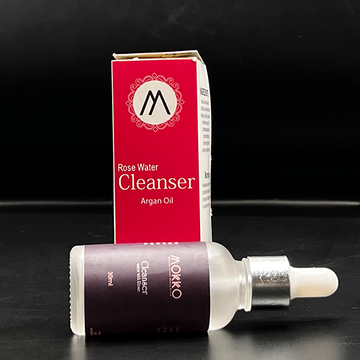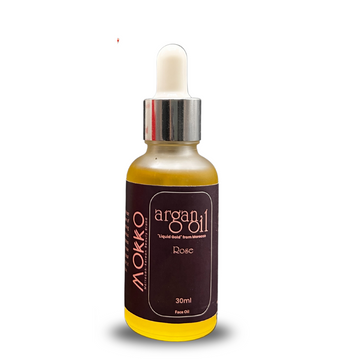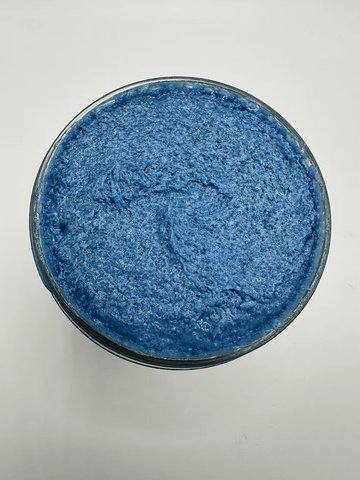When it comes to your daily skincare routine, understanding the correct order of application can make a significant difference. One of the most common questions people ask is, "Sunscreen or moisturizer first ?" The answer isn’t always straightforward, but getting it right ensures your skin gets the best protection and hydration. In this guide, we’ll explore the right way to layer these essential products for maximum benefit, helping you achieve glowing, healthy skin every day.
Why Does the Order of Sunscreen and Moisturizer Matter?
The order in which you apply your skincare products impacts how well they work. Applying sunscreen and face moisturizer in the correct order can help you achieve optimal results for both hydration and protection. Here’s why:
1. Sunscreen Protects Your Skin from UV Damage
Sunscreen is the most crucial product for defending your skin against the sun's harmful UVA and UVB rays. Sunscreen should be applied last in your morning routine, acting as a barrier to UV damage. It works best when it forms an even layer on your skin, which can be disrupted by applying other products on top.
2. Moisturizer Hydrates Your Skin
Moisturizers, on the other hand, are designed to hydrate and nourish your skin. They help lock in moisture and are often packed with ingredients that can address specific skin concerns like dryness or fine lines. By applying moisturizer first, you create a hydrated base that allows your skin to absorb the ingredients more effectively.
Sunscreen or Moisturizer First: The Correct Order
1. If You Use Mineral Sunscreen
Mineral sunscreens, which include ingredients like zinc oxide or titanium dioxide, sit on top of your skin, reflecting UV rays away from your skin. For this reason, mineral sunscreen should always be applied after moisturizer. Applying it last ensures the sunscreen layer isn't disturbed by other products and provides an uninterrupted shield against the sun.
2. If You Use Chemical Sunscreen
Chemical sunscreens absorb into your skin, converting harmful UV rays into heat. Since these sunscreens need to be absorbed to be effective, they should be applied before your moisturizer. Give your chemical sunscreen about 20 minutes to fully absorb before applying your moisturizer to ensure optimal sun protection.
3. The Exception: Face Oils
If you use face oils, the order becomes slightly more nuanced. Since face oils form a barrier on your skin, they should be applied after sunscreen, especially when using a chemical sunscreen. This helps ensure that the sunscreen can properly absorb and function without being blocked by the oil layer.
How to Layer Sunscreen and Moisturizer: Step-by-Step Guide
Here’s a quick guide to layering your skincare products the right way:
For Mineral Sunscreens:
-
Cleanse your face with a gentle cleanser.
-
Apply Toner (optional) to balance and hydrate your skin.
-
Use a Serum if desired to address skin concerns.
-
Apply Moisturizer to hydrate your skin.
-
Layer Mineral Sunscreen as the final step in your routine.
For Chemical Sunscreens:
-
Cleanse your face.
-
Apply Toner (optional) to prepare your skin.
-
Use a Serum for added benefits.
-
Apply Chemical Sunscreen directly on clean, dry skin.
-
Finish with Moisturizer to lock in hydration.
For Face Oils:
-
Cleanse your face.
-
Apply Toner (optional).
-
Use Serum to target specific concerns.
-
Apply Sunscreen (for both chemical and mineral types).
-
Finish with Face Oil to lock in moisture.
Can You Mix Sunscreen and Moisturizer?
While it might seem convenient to mix sunscreen and moisturizer together, it’s best to keep them separate. Combining the two products might dilute the effectiveness of the sunscreen, reducing your skin’s protection against harmful UV rays. However, there are plenty of moisturizer with SPF available that combine both benefits in one step, making it easier to streamline your routine. Just remember, if you're using a moisturizer with SPF, you should still apply it after your moisturizer and before makeup.
What Happens If You Apply Sunscreen and Moisturizer in the Wrong Order?
Applying sunscreen and moisturizer in the wrong order can cause issues like reduced UV protection, pilling, or wasted product. Here’s why:
-
Reduced UV Protection: Sunscreen, when applied over moisturizer, may not work as effectively because it can be diluted by the moisturizer, leaving your skin vulnerable to UV rays.
-
Pilling: Layering your skincare products incorrectly can cause the products to pill or flake off, especially if they don’t fully absorb into the skin before the next layer is applied.
-
Wasted Product: If you apply sunscreen over moisturizer and the sunscreen is diluted, you’re not getting the full benefit of the product, which defeats the purpose of using SPF.
Key Tips for Sunscreen and Moisturizer Application
-
Apply Sunscreen Generously: The Skin Cancer Foundation recommends using about a nickel-sized dollop for your face and a shot glass full for your body. Apply evenly and generously.
-
Reapply Every Two Hours: Sunscreen needs to be reapplied every two hours, or more frequently if you’re swimming or sweating, to ensure continued protection.
-
Let Each Layer Absorb: Give each layer of your skincare routine about 30 seconds to fully absorb before applying the next product.
-
Choose Broad-Spectrum SPF: Ensure your sunscreen protects against both UVA and UVB rays and has an SPF of 30 or higher.
Conclusion: Sunscreen or Moisturizer First?
In short, sunscreen should always be the last step in your skincare routine, applied after your moisturizer to ensure proper absorption and protection. Whether you use mineral or chemical sunscreen, the key is to follow the correct order based on the type of sunscreen you're using. For ease, consider multitasking products like moisturizers with built-in SPF to streamline your routine.
Now that you know the right order to apply sunscreen and moisturizer, you can protect your skin from harmful UV rays while keeping it hydrated and healthy. Always remember to reapply sunscreen regularly, and if you're unsure about any step in your routine, consult with a dermatologist for personalized advice.







